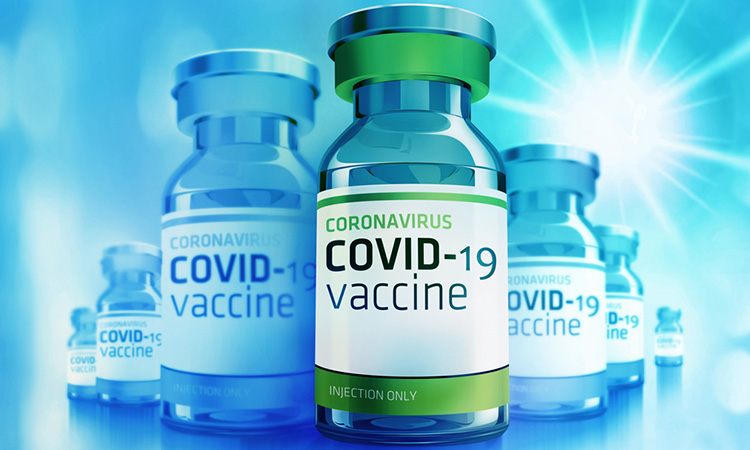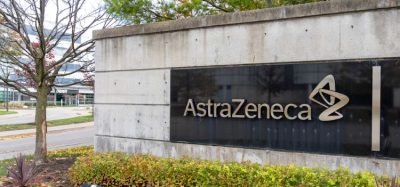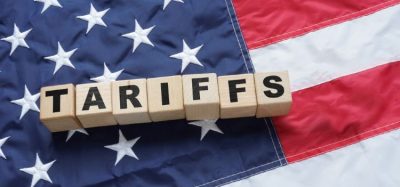Low-cost plant-derived COVID-19 vaccine to be developed for developing countries
Posted: 16 August 2021 | Hannah Balfour (European Pharmaceutical Review) | No comments yet
Researchers are developing a low-cost plant virus based COVID-19 vaccine to be produced in Botswana for pandemic prevention in developing countries.


For more than a decade, Keck Graduate Institute (KGI), US, Dean of Research and Research Professor Dr Larry Grill and his team have worked to develop low-cost, plant-derived vaccines for developing countries, now they are adapting their vaccine for use against COVID-19.
The vaccines developed in Dr Grill’s lab are derived from plant viruses, which cannot cause human disease but illicit an effective immune response, which can be targeted against a specific pathogen if the plant virus is decorated with surface proteins from that bacteria or virus.
To combat COVID-19, Grill and his team used virus coat protein fusion to alter the outside surface of a Tobacco Mosaic Virus (TMV) to resemble SARS-CoV-2 – the virus that causes COVID-19 – through the expression of SARS-CoV-2 Spike (S) proteins.
Once injected into a subject the TMV fused coat proteins are taken up by the antigen presenting cells (APCs) and displayed on Class II MHC molecules to CD4+ (helper) T cells to trigger an appropriate cellular immune response.
“Your immune system detects the virus and makes antibodies against the SARS-CoV-2 Spike protein,” Grill said. “As a matter of fact, the data that we have shows that memory cells would be ready for the SARS-CoV-2 virus for at least a few years.”
Additionally, they can continue to grow the TMV vaccines in plants, allowing them to produce large amounts of what Grill calls “decorated viruses”. “Injectable pure material costs less than 15 cents a dose, so when you are talking about developing countries, that is pretty important,” Grill stated.
To date, Grill and his team of KGI researchers have done the bulk of their work vaccinating cattle in Botswana, put off of targeting human disease because of the length of the approval process (10 to 15 years for the US Food and Drug Administration [FDA]). However, with the speed of the emergency use authorisation process and the emergence of vaccination inequality, in April 2020, Grill and his team shifted their focus to designing and producing low-cost COVID-19 vaccines. They are working with Botswana Vaccine Institute and the Botswana government to secure funding to build a facility in Botswana to produce the vaccines.
Their goal is not to compete with the big pharma vaccine companies but rather to produce a low-cost vaccine for developing countries. Compared to vaccines produced in the US and Europe, this vaccine is very affordable to develop and manufacture – production plants are grown in growth rooms, their leaves harvested at eight to ten days post virus introduction and the TMV vaccines are purified via a simple precipitation step.
Additionally, the virus is very stable and does not appear to need to be stored at extremely cold temperatures, according to Grill. He added that another advantage is that plant viruses cannot replicate in humans, unlike the adeno-associated viral vectors used in some COVID-19 vaccines, and thus TMV vaccines may be safer for use in immunocompromised individuals. The final advantage described by Gill is that TMV vaccines can be developed to protect against many different strains because the viruses can be coated with many different proteins without changing the production cost.
The COVID-19 vaccine is currently being evaluated in mice. Commenting on these studies Grill said: “In our first set of animal trials, we found that the mice make good antibodies, but we do not know whether these antibodies can neutralise the virus. So, we are now conducting another set of trials with the J. Craig Venter Institute in San Diego. If it is successful, then our plan is to go to Botswana and build a facility in hopes that we can actually finish it in time to protect people against COVID-19. But if it does take longer, we know this is not the last pandemic.”
Related topics
Biologics, Bioproduction, Drug Development, Drug Manufacturing, Preclinical Research, Research & Development (R&D), Therapeutics, Vaccine Technology, Vaccines, Viruses









